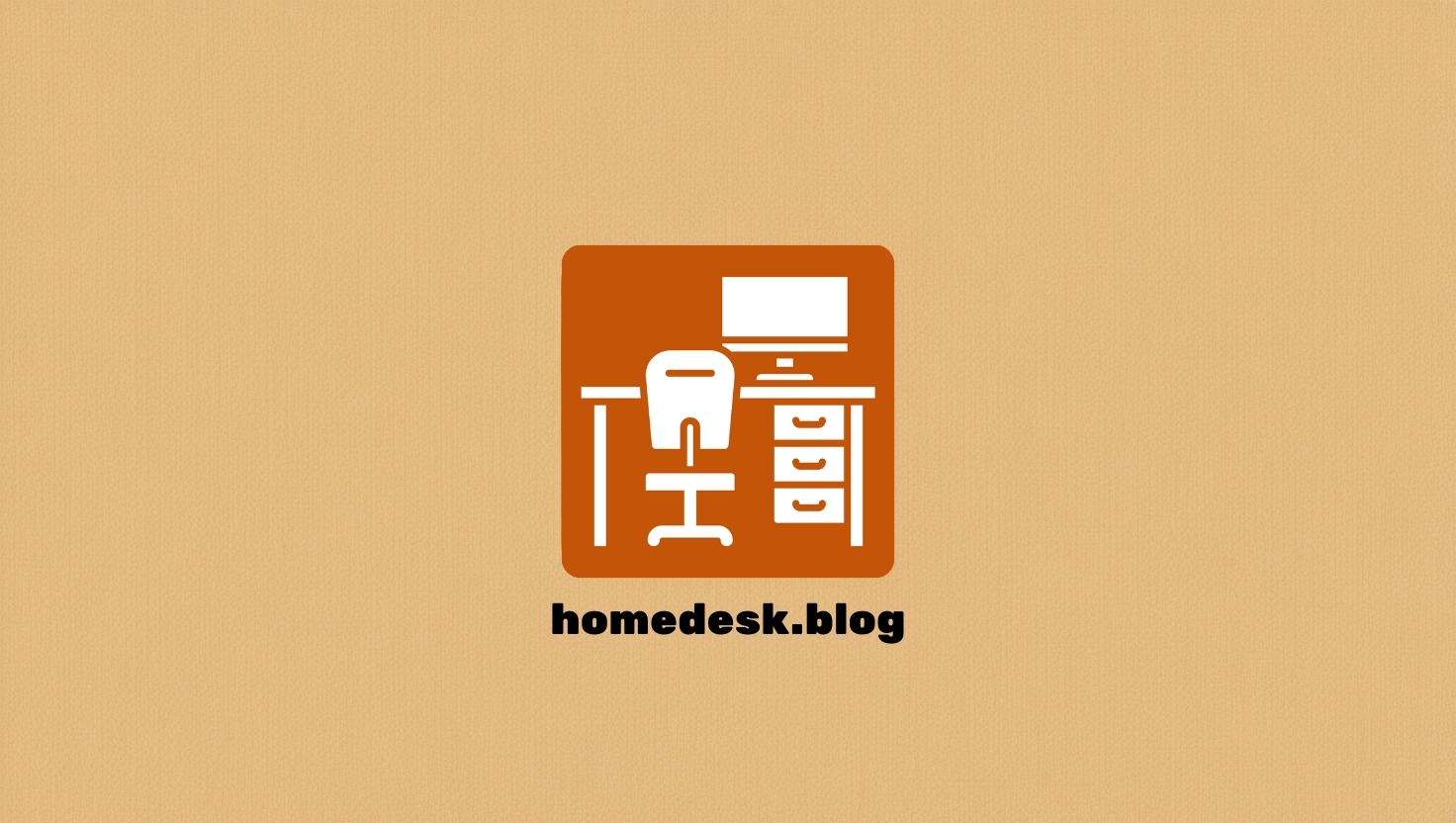In Japan’s fast-paced work culture, stress is a common challenge. High expectations, long work hours, and social pressures contribute to mental and physical exhaustion. Integrating music therapy into daily routines can be a practical approach to alleviating stress, offering a simple yet powerful method to improve well-being.
This guide explores how specific Japanese music genres, such as City Pop and Lo-Fi, can serve as effective tools for stress relief. It also provides deeper insight into the science behind music therapy, how it influences the brain, and practical ways to incorporate it into everyday life for improved mental health and productivity.
Understanding Music Therapy
Music therapy involves using music to improve mental and emotional well-being. Research has shown that listening to music can reduce stress, enhance mood, and promote relaxation by influencing brainwave activity and hormone production. Culturally relevant music can amplify these effects, making it easier to integrate into everyday routines. (PubMed Research)
The Science Behind Music Therapy
- Reduces Cortisol: Cortisol is the hormone linked to stress. Music has been shown to lower cortisol levels, helping individuals feel more relaxed.
- Boosts Dopamine Production: Dopamine is associated with pleasure and motivation. Uplifting or nostalgic music can stimulate its release, improving overall mood.
- Synchronizes Brainwaves: Different tempos can induce brainwave synchronization, promoting deep relaxation and concentration.
- Regulates Heart Rate and Breathing: Slow, rhythmic music can lower heart rate and stabilize breathing patterns, creating a calming effect.
By understanding these scientific mechanisms, individuals can make informed choices about the type of music they use for stress relief.
Japanese Music Genres for Stress Relief
1. City Pop
City Pop is a genre from the late 1970s and 1980s that blends jazz, funk, and R&B. Its upbeat rhythms and nostalgic melodies can uplift mood and reduce stress. Often associated with urban life and late-night drives, City Pop provides an enjoyable escape from daily pressures. Artists like Tatsuro Yamashita and Mariya Takeuchi have produced iconic songs in this genre.
Best City Pop Tracks for Stress Relief:
- “Plastic Love” – Mariya Takeuchi
- “Ride on Time” – Tatsuro Yamashita
- “Stay with Me” – Miki Matsubara
Spotify Playlist Recommendation:
2. Lo-Fi
Lo-Fi music features mellow beats and ambient sounds, creating a calming atmosphere. It’s ideal for background music during work or study sessions, helping to maintain concentration while keeping stress levels low. The imperfections in Lo-Fi music, such as vinyl crackles and soft distortions, contribute to a cozy and relaxing experience.
Popular Japanese Lo-Fi Artists and Playlists:
- ChilledCow (Lo-Fi hip-hop beats)
- Eevee (Soft beats with a dreamy vibe)
- Sleepy Fish (Gentle, calming instrumentals)
Spotify Playlist Recommendation:
3. Traditional Japanese Instrumentals
Music featuring traditional instruments like the shakuhachi (bamboo flute) and koto (stringed instrument) offers soothing melodies that promote relaxation and mindfulness. Many meditation and Zen practices incorporate these sounds to encourage deep breathing and emotional grounding.
Recommended Traditional Instrumental Tracks:
- “Sakura Variations” – Koto Ensemble
- “Shakuhachi Meditation” – Zen Garden Music
- “Soothing Waves and Koto” – Japanese Nature Sounds
YouTube Recommendation:
Implementing Music Therapy in Daily Life
1. Personal Playlists for Different Moods
- Create different playlists for specific situations—energetic songs for motivation, slow instrumentals for relaxation, and ambient sounds for deep focus.
- Use streaming services like Spotify or YouTube Music to find curated lists for relaxation and stress relief.
2. Background Music in Workspaces
- Play Lo-Fi or instrumental music softly in the background while working to enhance focus and reduce anxiety.
- Offices can introduce designated areas where calming music is played to encourage relaxation during breaks.
3. Music Therapy Apps for Guided Relaxation
- Calm: Features music for sleep, stress relief, and relaxation.
- Endel: Uses AI-generated soundscapes to adapt to the listener’s environment and mood.
- Mubert: Generates endless music designed for focus and mindfulness.
4. Engaging in Group Music Activities
- Organize company-wide karaoke nights, music workshops, or drum circles to strengthen team bonding while reducing stress.
- Explore community music groups focused on traditional Japanese music for cultural immersion and relaxation.
5. Combining Music with Meditation and Mindfulness
- Use traditional Japanese instrumental music during meditation or relaxation exercises to deepen the experience.
- Incorporate nature sounds, such as flowing water or birdsong, to enhance mindfulness practices.
Case Study: Music Therapy in Japanese Work Culture
Several progressive Japanese companies are incorporating music therapy into their wellness initiatives.
Rakuten’s Workplace Wellness Program
- Introduced designated music relaxation rooms with ambient soundtracks.
- Employees reported lower stress levels and higher job satisfaction.
Toyota’s Sound Therapy Experiment
- Tested background music in manufacturing plants.
- Found a 20% reduction in worker fatigue and a 15% boost in efficiency.
These examples highlight the potential for integrating music into work environments to improve mental well-being and productivity.
The Future of Music Therapy for Stress Management in Japan
With growing awareness of mental health in Japan, music therapy is gaining traction. Future trends include:
- AI-Powered Personalized Music Therapy: Apps that adjust playlists based on heart rate and stress levels.
- VR Music Meditation Experiences: Immersive environments designed for stress relief.
- Corporate Music Therapy Programs: More companies are investing in professional music therapists for employee well-being.
Embracing Music Therapy for a Healthier Work Life
Music therapy is a simple yet powerful tool to manage work-related stress. Whether through calming playlists, structured breaks, or group activities, music can transform workplace dynamics and improve mental health. By intentionally incorporating music into daily routines, individuals and organizations in Japan can experience reduced stress, enhanced productivity, and a better quality of life.
Start your journey with music therapy today and discover how sound can be your best ally against stress.

